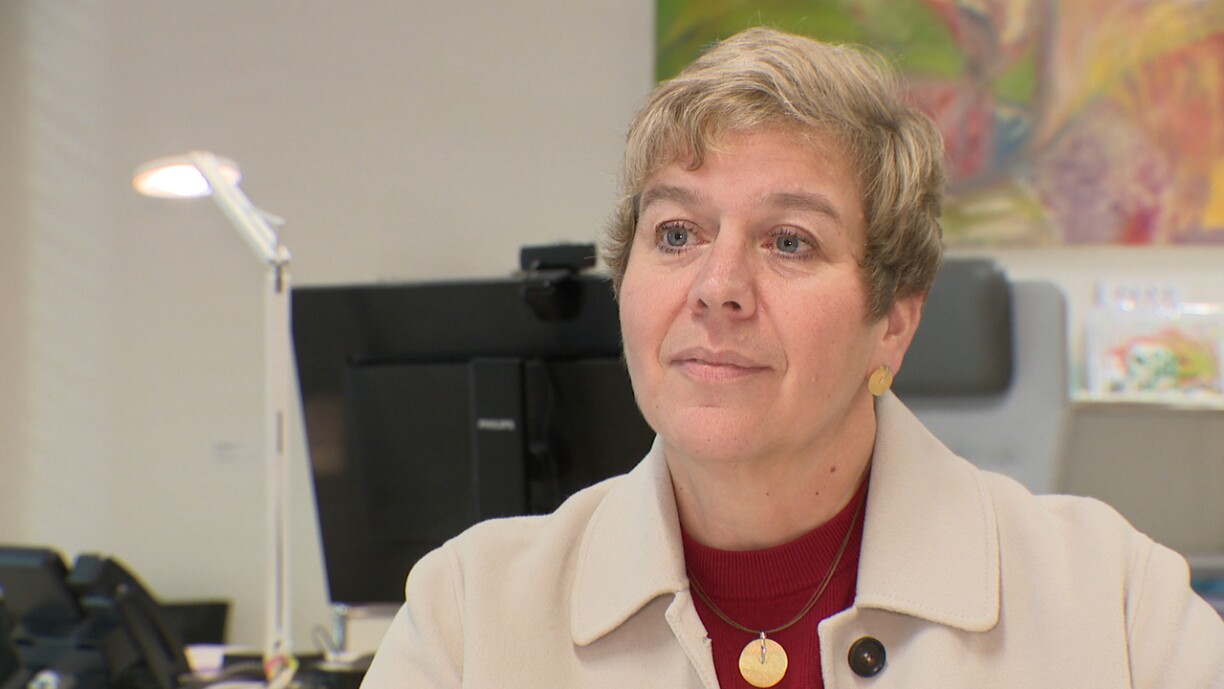
Broadly, this means any doctors wanting to work in Luxembourg must have a contract with the National Health Fund (CNS), so they can only bill patients insured via the CNS and may not practise private medicine alongside it.
However, the Association of Doctors and Dentists (AMMD) has cancelled the agreement with the Health Fund in order to put pressure on other points, calling for a partial agreement allowing autonomy over tariffs, so practitioners can set their own prices for treatment.
The health minister said she could not imagine how it would work if doctors would set their own rates in future. “If they set the rate themselves, they will not discuss it in advance to settle on the right tariff. So that would put us in a fully liberalised medical sector. If one doctor charges €70 for one procedure and another charges €80, how do we expect patients to choose who they visit, on the basis of what the CNS will reimburse? The Health Fund can’t decide to pay a flat 50%, because the reimbursement changes depending on the various rates. It’s not possible, you can’t ask that question so generally. So I repeat, we do not want two-tier healthcare.”
The CNS and AMMD now have twelve months in which to negotiate a new agreement. If that does not work out, Deprez says a regulation will have to be adopted, similar to psychotherapy, so patients can continue to be reimbursed.
As for healthcare reform, Deprez has promised the AMMD there will be a new bill to allow practitioners to form service-providing societies.
But the health minister will not concede on all points, as the AMMD has demanded financial investors be allowed to participate in the societies. “We will follow the example of the legal industry in which, categorically, no financial investors are permitted to sit on the board of a company.”
However, this does not rule out allowing financial investors to head up real estate projects, building doctors’ practices to be rented out by the society, Deprez said. “But any capital invested should be that of the doctor themselves and not from an external investor.”
The AMMD is also calling for the lifting of restrictions which mean certain procedures are restricted to hospitals. Deprez says she expects a bill to be ready by the end of December or early January which will seek to offer outpatient services together with societies away from hospital management.
The minister says the evolution is as follows: doctors will be permitted to join companies or build societies to offer selected services and will be able to carry out outpatient treatment like the hospitals, such as imaging, or small dermatological or ophtalmological procedures.
Deprez is thus ready to negotiate with the AMMD on selected points. “I’ve offered this to them in discussions, but at the moment it’s not enough to get them to agree.”
This lack of consensus is likely due to the fact the minister does not wish to make healthcare a free market. The AMMD also demands that the National Health Fund covers practice costs. But even if Deprez is ready to discuss charging for medical procedures, she says it will not be the case that medical societies can open private mini-clinics wherever they wish and have the CNS bear costs for equipment which is already available in Luxembourg’s hospitals.
“If they want the government to finance a free market, and as I understand it, this should be the case, then the government should be able to set the rules, for example, requiring a committee to provide a professional opinion for the scope and placement of a service. All these discussions still have to take place. In principle, we think it is OK for this to be done independently of hospitals, but we have to analyse whether it makes sense to provide these services.”
The AMMD promises that procedures would be cheaper if doctors could treat patients in their own practices. But Deprez says this is very much dependent on the infrastructure. The minister will continue to gather data on outpatient services and the first hospital outpatient centres.